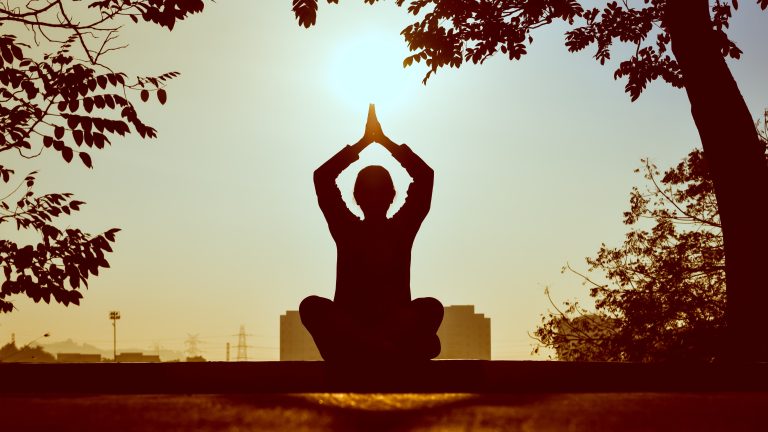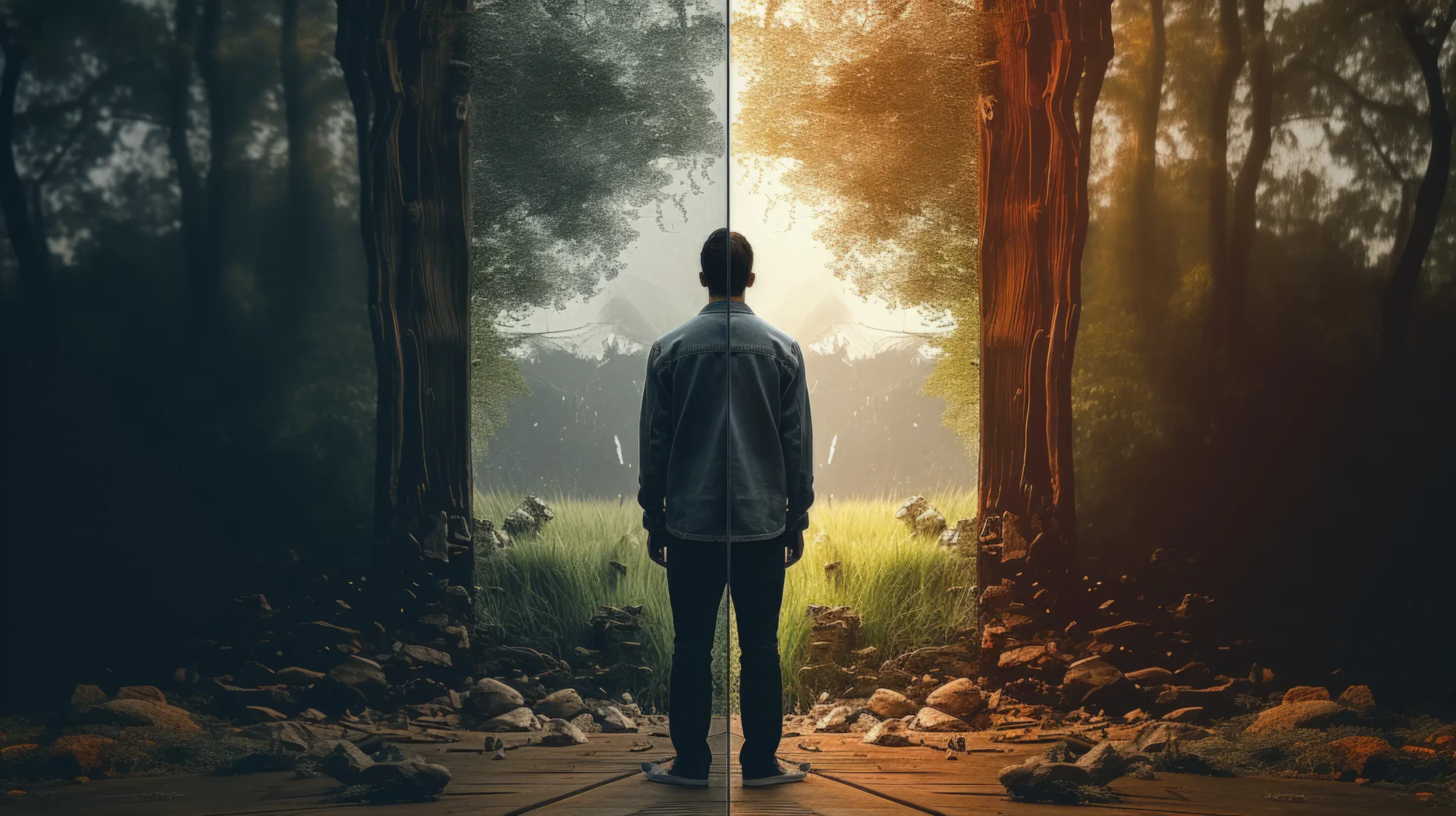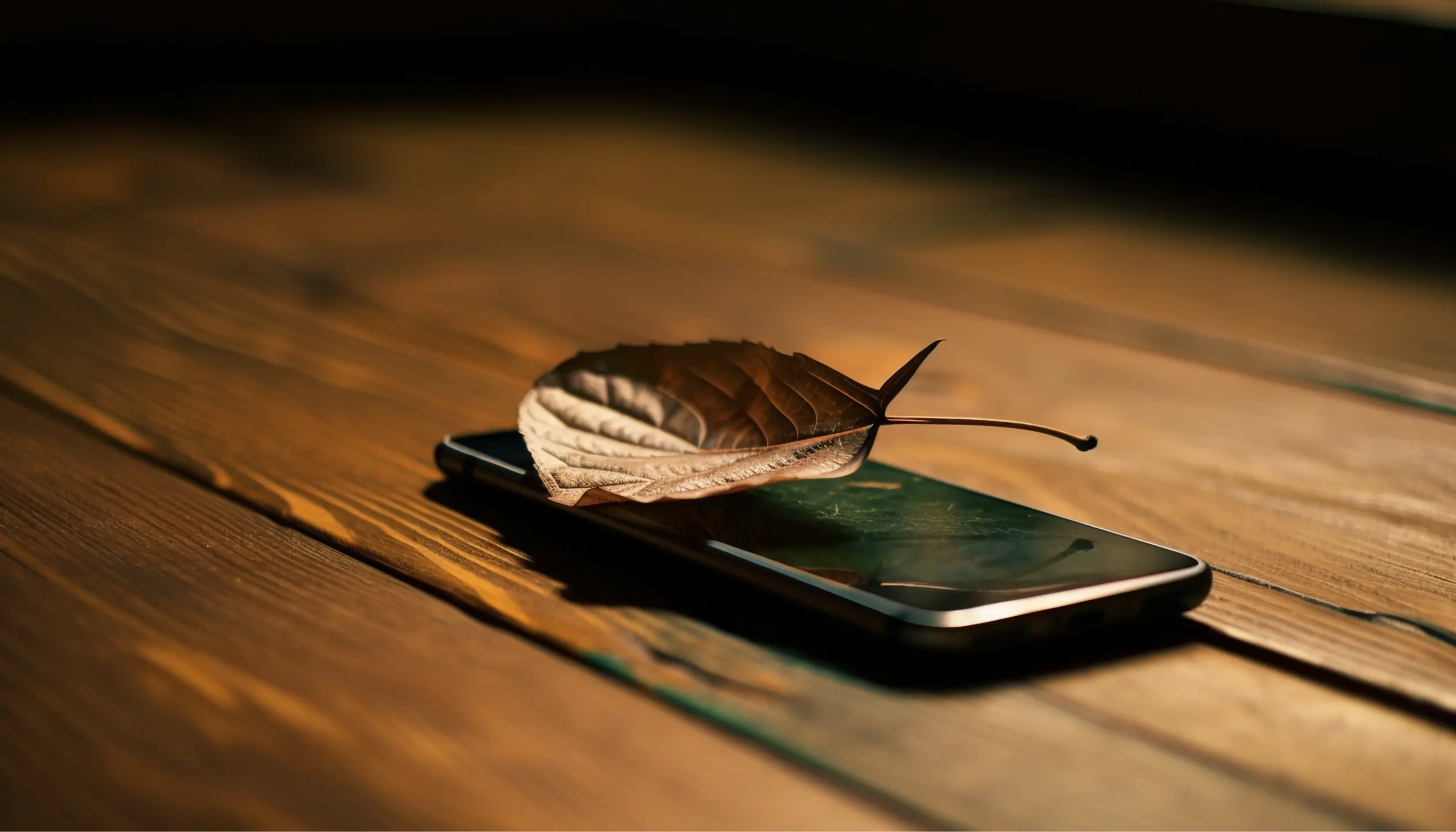When was the last time that you genuinely thanked a person for their support? When was the last time you thanked your stars for the tiny miracle that came your way? When was the last time you took time off to send a thank-you note to someone for their gift? When was the last time you paused to express Gratitude for the necessities that have been the bedrock of your life?
If you answered ‘no’ to any of the above questions, fret not. Sometimes being grateful has not been put at the forefront by most people. A recent study by the University of California stated that only 56% of the population were grateful, and only 69% wanted to be grateful in the future.
The blog helps you unearth the intricacies behind this powerful human emotion called gratitude that could change the way you perceive your life.
What is gratitude?
Gratitude is a very primal feeling that transpires during social and personal settings with or without interactions with others. It occurs when we realise and recognize what we are truly thankful for. Technically put, gratitude can be defined as a strong feeling of appreciation for someone or something for what the person has done to help you.
You could be grateful for different reasons – from family to friendship, education to work, and everything in between. It certainly includes things that we otherwise take for granted – shelter, food, air, and water. In today’s context, you can even add a strong internet connection to the rudimentary requirements that a person has.

Meet your Happiness Goals on Happily
Our Relevant Products
Feel Calm
Feel Motivated
Mindful Relationships
Personal Growth
Brtter Sleep
Slowing Down
and many more...
Identifying the difference between gratitude and a simple thank-you
Very often, the concept of being grateful gets confused with the act of saying thank you. While there are parallel similarities between both, the stark difference arises from how you perceive the event that you have come to appreciate.
Being thankful is only the starting point to the more intensive feeling of being grateful. Saying thanks is a simple task. It sometimes comes automatically as a sense of courtesy, and not much thought goes into it. It happens to be a couple of words that we mouth, which could even get missed in the passing.
Being grateful is having the ability to assimilate, comprehend, and finally appreciate the people and things that make your life more meaningful.
Thankfulness can be limited and centered on just one event and is targeted towards a person alone. Whereas, gratitude takes a more wholesome approach and shows general appreciation towards anyone and anything that has positively changed one’s life.
While saying thanks has a positive impact, having gratitude enhances your outlook on life in a more constructive manner.
Both of these are ultimately concepts of appreciation – however, being grateful takes you deeper into understanding your surroundings and creating a more sustainable and consistent habit for a better lifestyle.
Why is it so important to be grateful?
With emotional well-being becoming increasingly important in today’s age and with the increased emphasis that is placed on your mental health, it is imperative to identify positive emotions and continuously practice them.
The act of being grateful is one of those key sentiments that can help build a healthier lifestyle. When you start appreciating the small miracles and mercies in life, you automatically create a more joyous and jubilant environment.
Being able to remain grateful takes away your focus from what went wrong and helps you concentrate on what went right even during hard times. And when you communicate this gratitude in written or verbal means, your brain tends to remember the silver lining that every cloud brings.
When these grateful words are expressed to other people, it helps build stronger bonds and strengthens relationships. This cultivates a domino effect with the opposite party being more than eager to return your compliment in words or kind.
Apart from actively promoting optimism, practising gratitude helps you improve your physical health. Research and scientific studies have proven that a daily dose of gratitude can improve your quality of sleep and this ultimately has a lasting effect on your cardio-vascular vitals, blood pressure, and your immunity functions.
When you start exuding gratitude more regularly, it helps you feel good about yourself as you realise that your compliments made another individual happy.
Ancient traditions and customs go to great lengths to ensure that gratitude is conveyed most appropriately. For example, in Japan, people would bow to show their appreciation; in Scandinavia, people would associate hygge with being content; in South African customs, people give names that express gratitude to their children; and in Indian societies, no one visits another household without buying some sweets or fruits.
Download the app today!
What are the forms of gratitude?
Typically, gratitude can be split into 3 types depending on the form it takes. The most common variant is verbal gratitude with words being used to express the appreciation that one has for another. The next form is concrete gratitude, where the usage of kind comes into play; for example, a return gift or an offering. And finally, there is connective gratitude, where the return offer is for counter-support or friendship.
Across cultures, depending on who is showing the gratitude and what the gratitude is being shown for, the type that is used would differ.
When and where should one be grateful?
If you were to introspect into your life and heave through the million events that have happened to date, you could find thousands of small aspects that you should appreciate.
Here are some things you could possibly be grateful for: from the boom in technology to a sincere apology; from the active use of your legs and hands to the warm morsels of the beach sands; from the entertaining movies to the overload of breakfast smoothies; from the glory of mother nature to the lengths of your stature; from the small joke that gave you laughter to the future celebrations that will come, hereafter.
It is possible to remain grateful at any place and time, irrespective of how hard a situation may be. You might have overcome the pandemic with a small bout of fever or you might have come out of a bad relationship with a heartbreak – find the saving grace in each of these instances and pay thanks for the small mercies in life.
The habit of being grateful may take time to build. There are numerous methods to get into this daily routine – it could be with thank-you notes, a gratitude journal or documenting 100 consecutive days of happiness. Alternatively, chalking out a peaceful hour to practice gratitude meditation and express this emotion consciously can support your journey towards being more grateful.
And that’s not all. Interactive technology can support your gratitude journey too! With thought-provoking reminders and mindful notifications, the Happily App helps you build and keep happy habits including the art of gratitude.
Find the best possible route that would help you cultivate a lasting impression of appreciation for everything life throws at you. Be gracious, grateful, and grin! It’s time you find growth in yourself by mindfully exercising gratitude.






